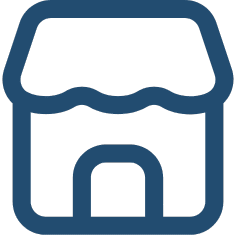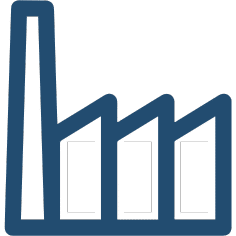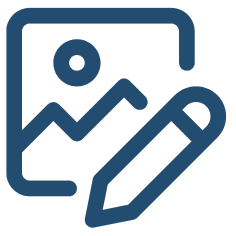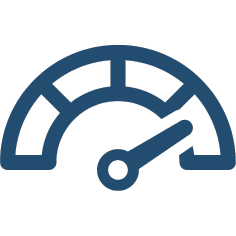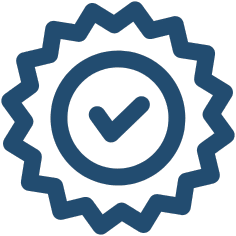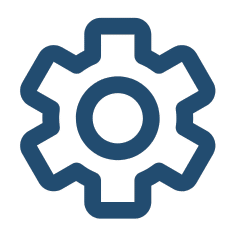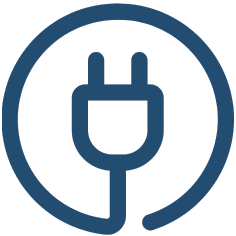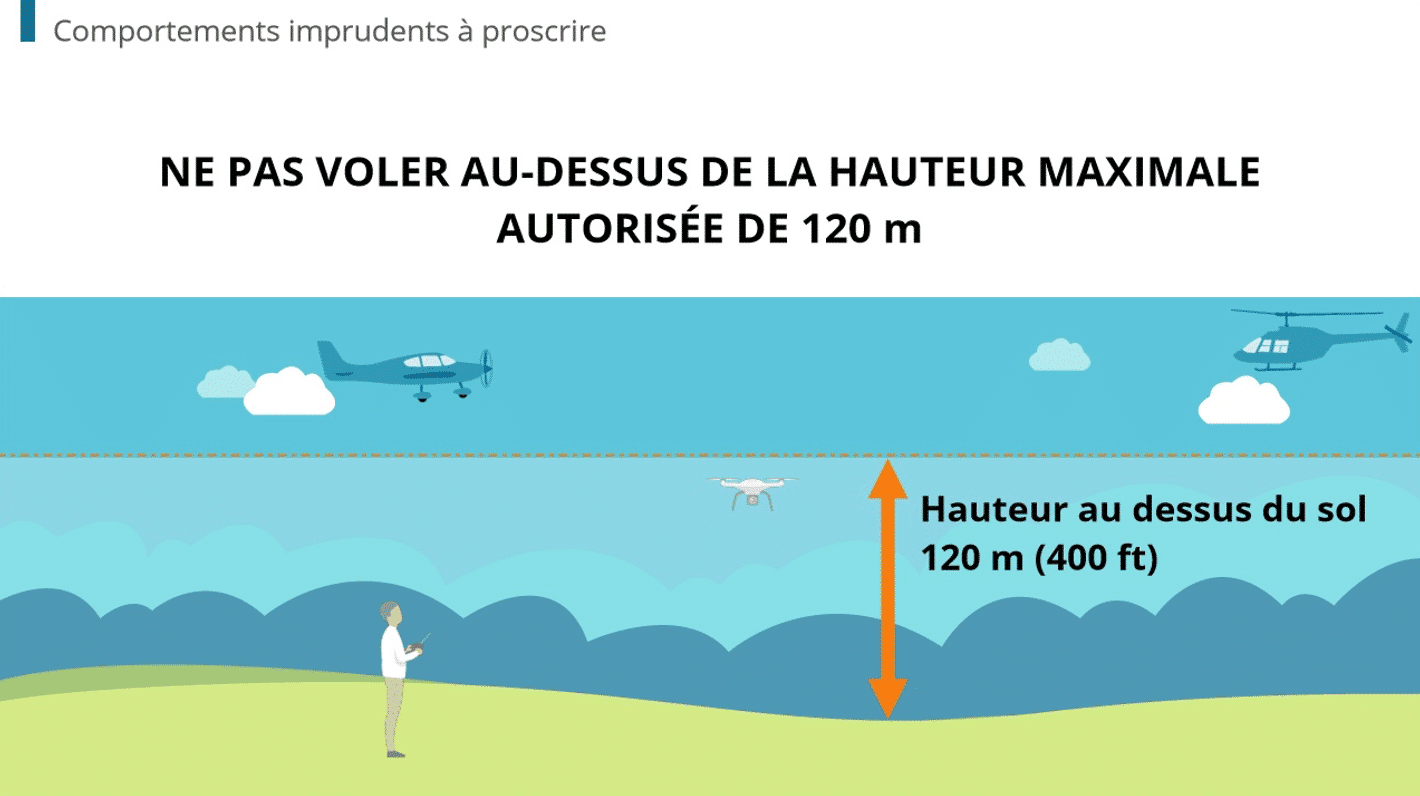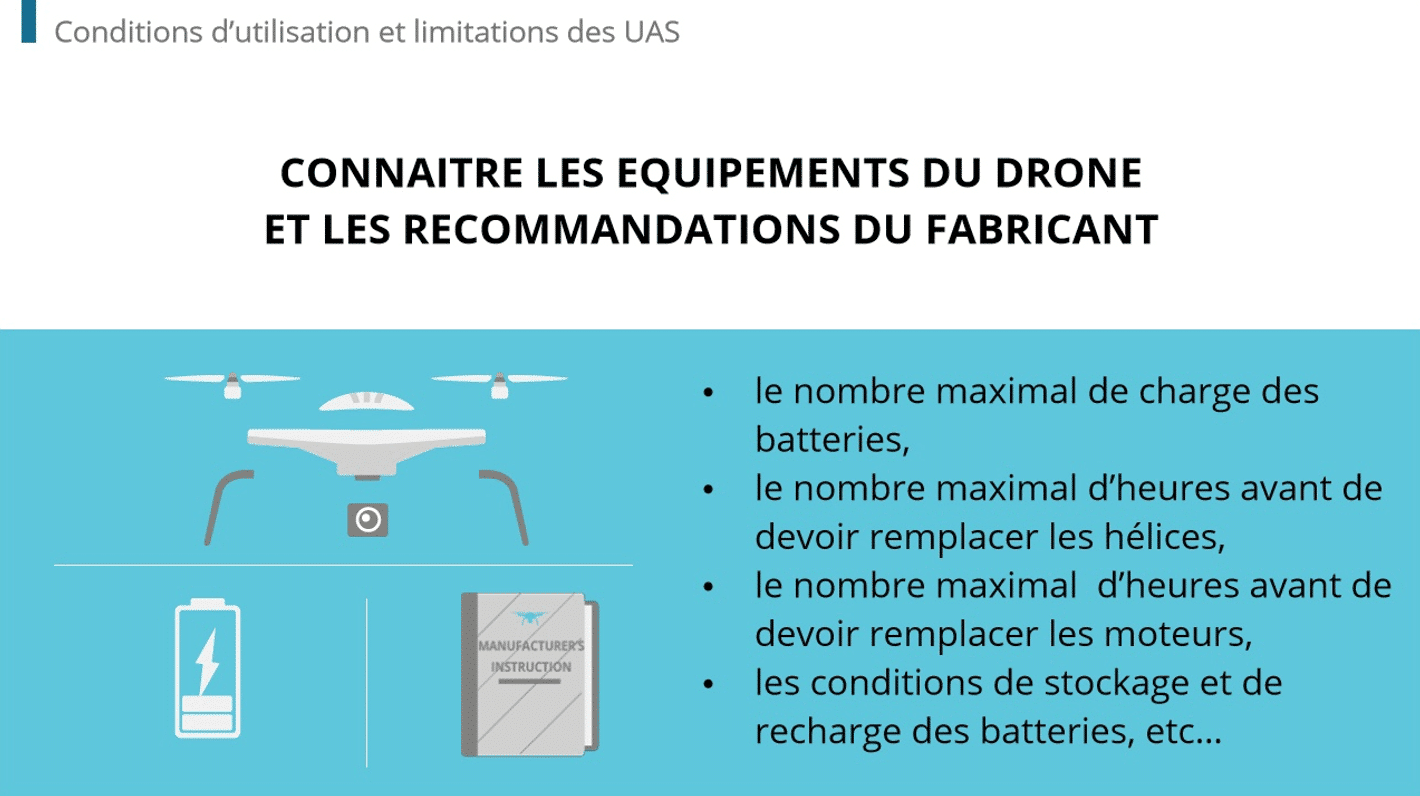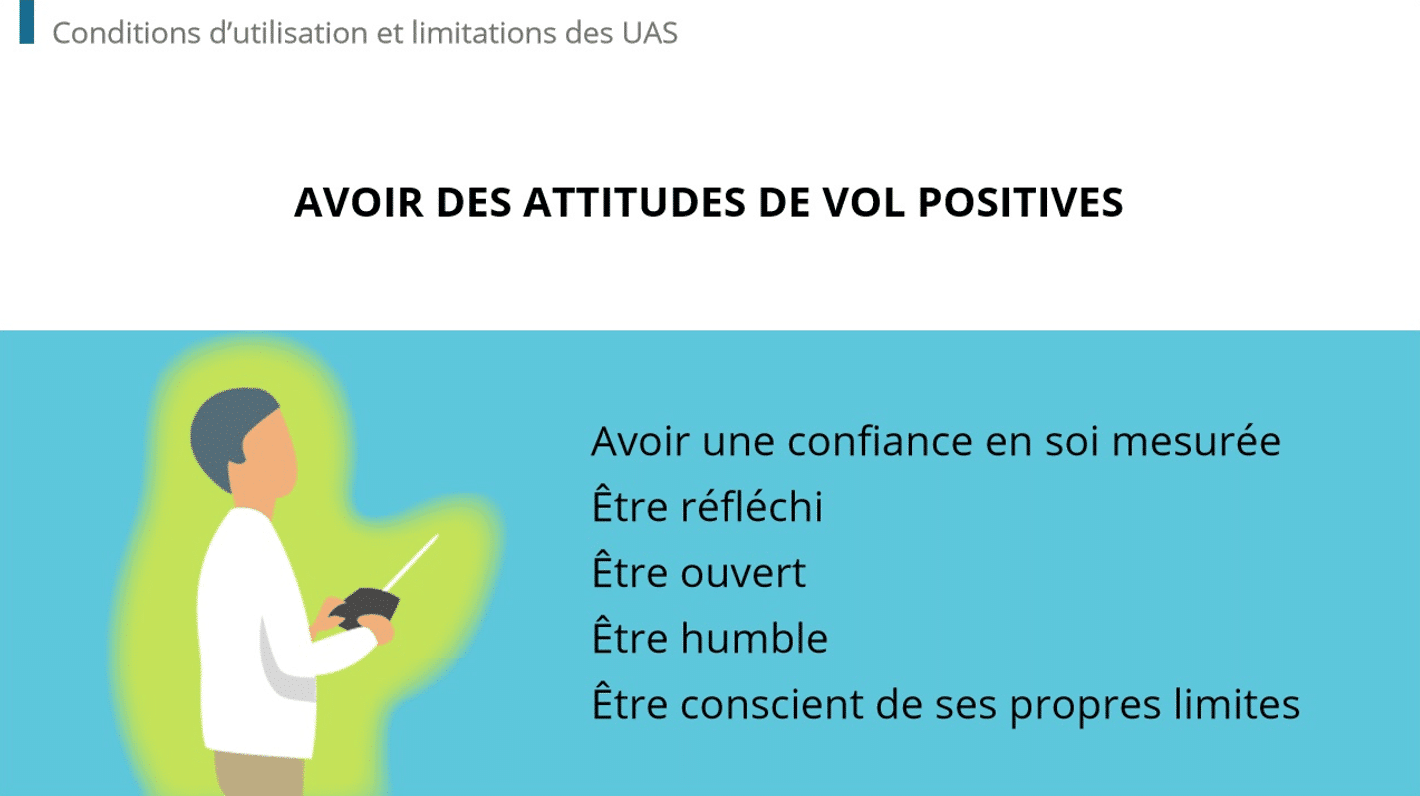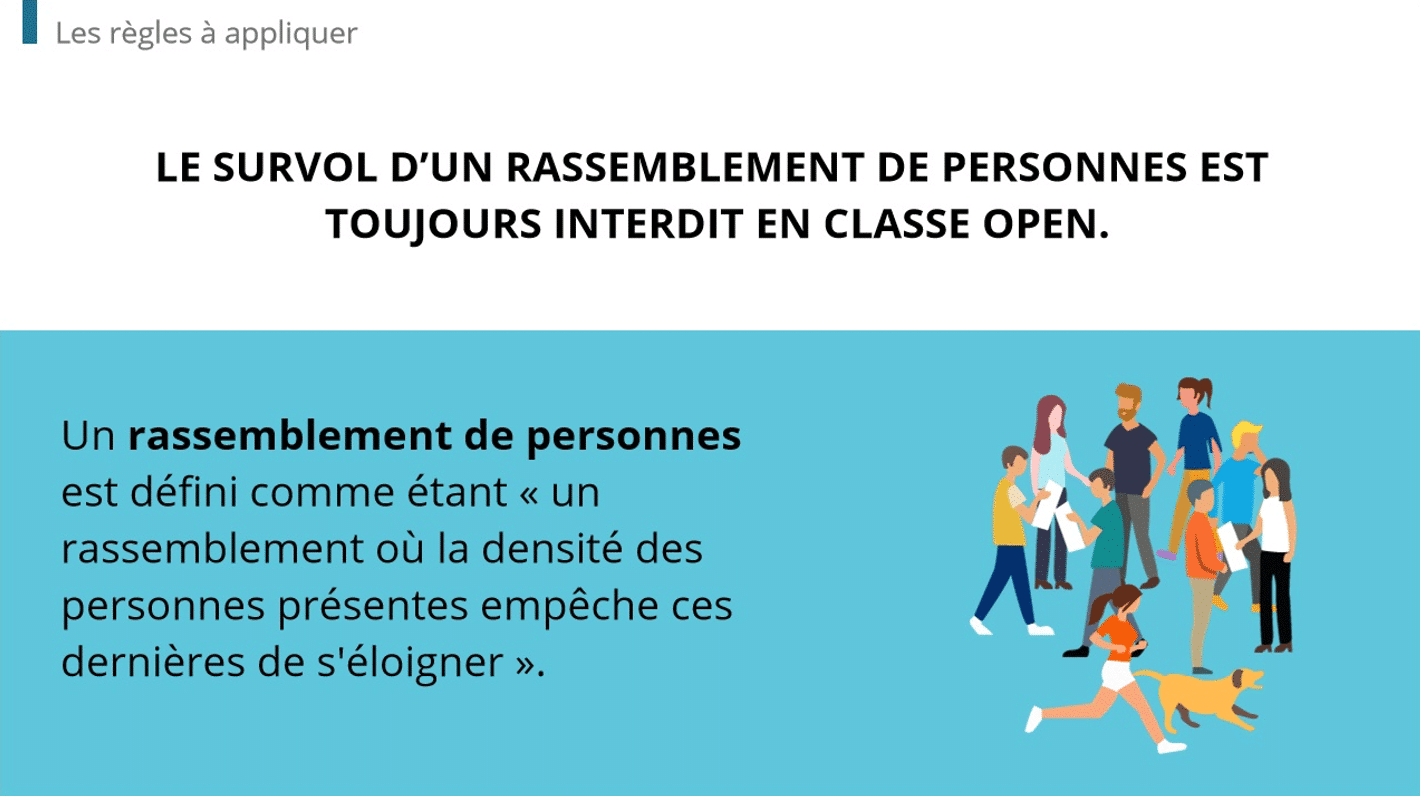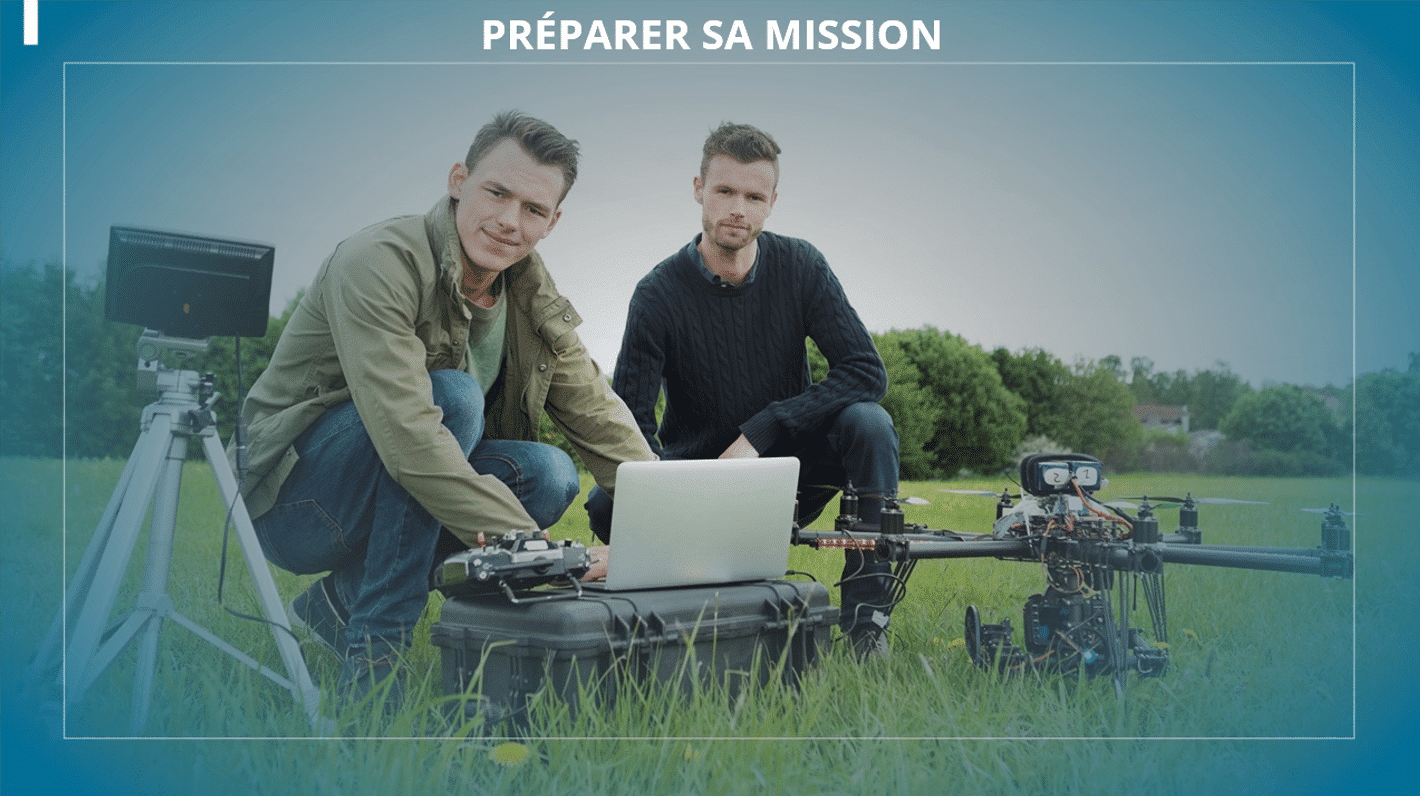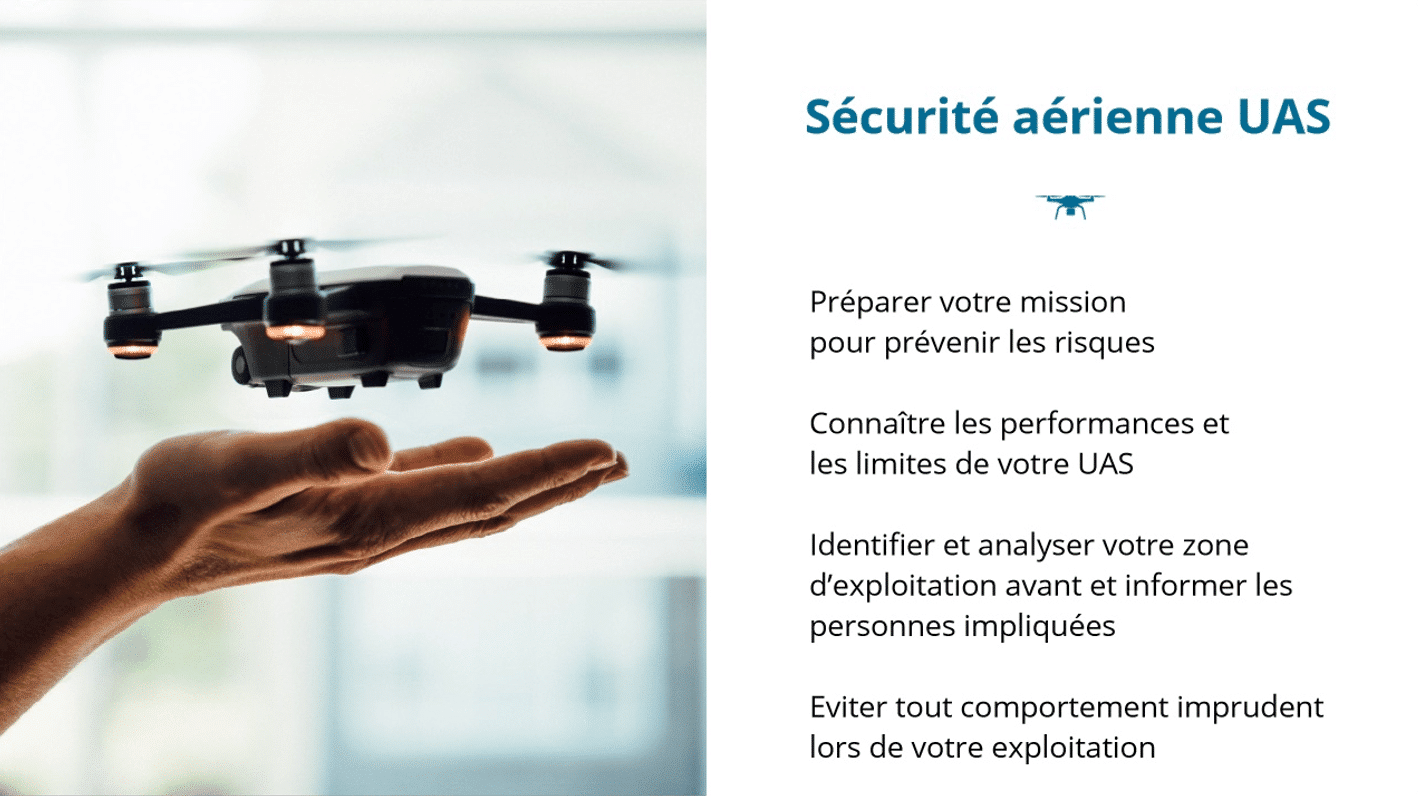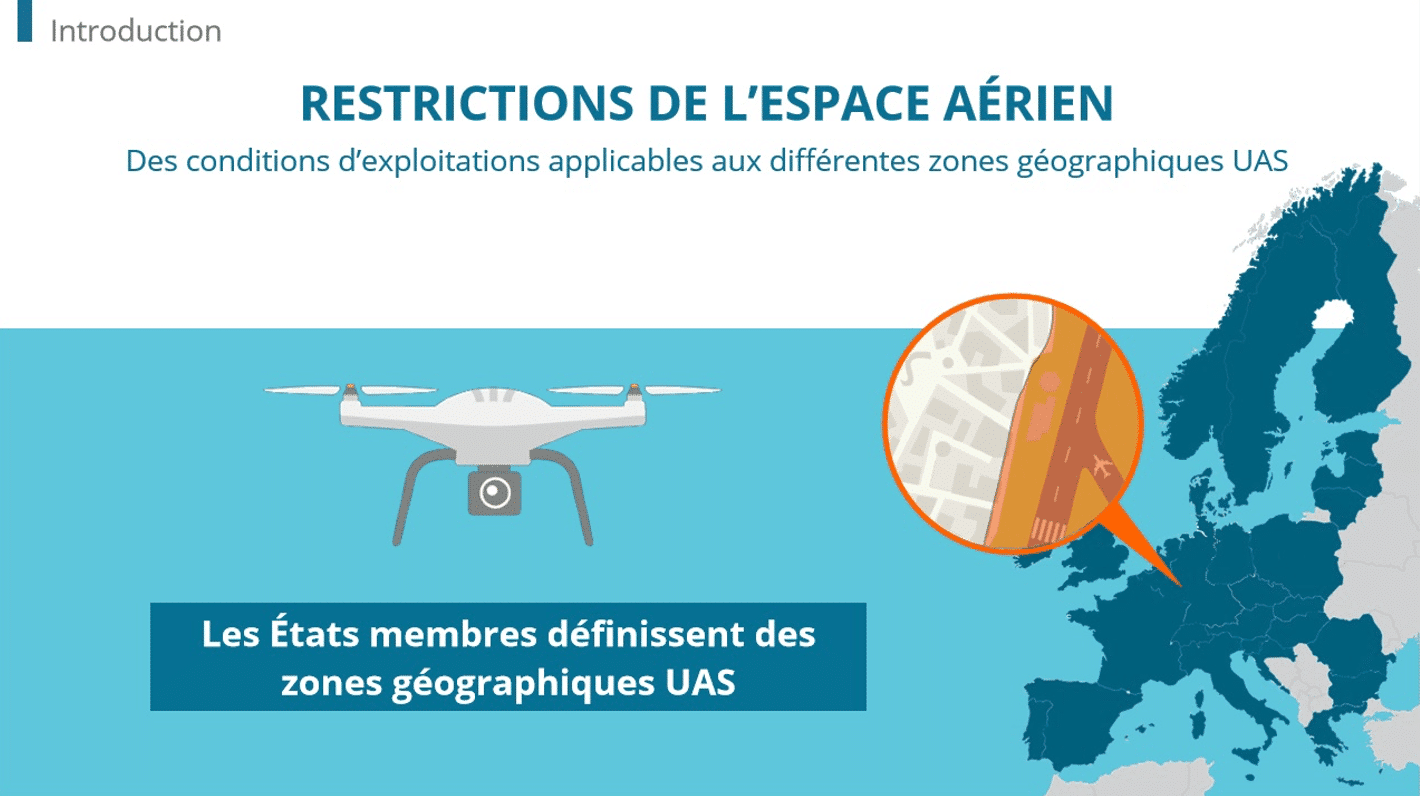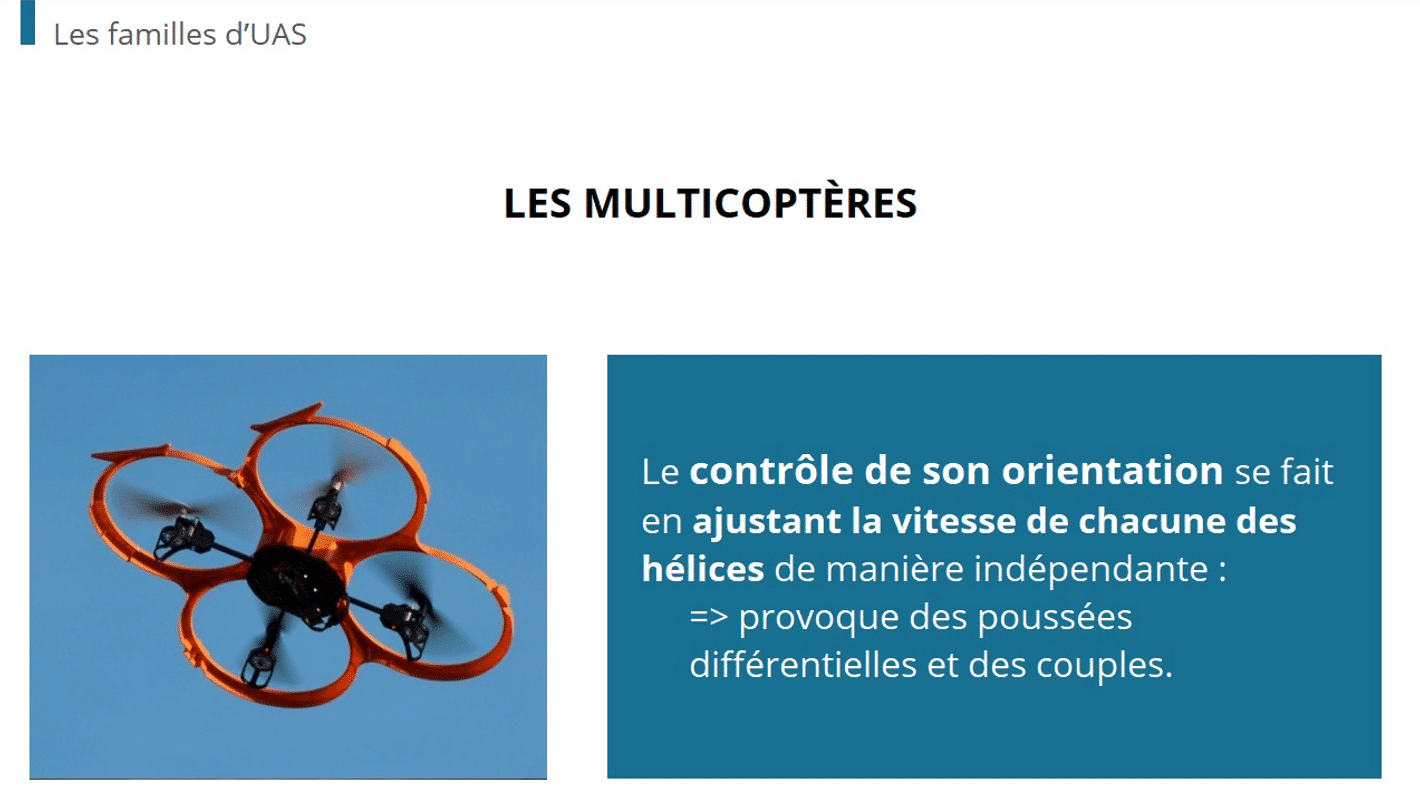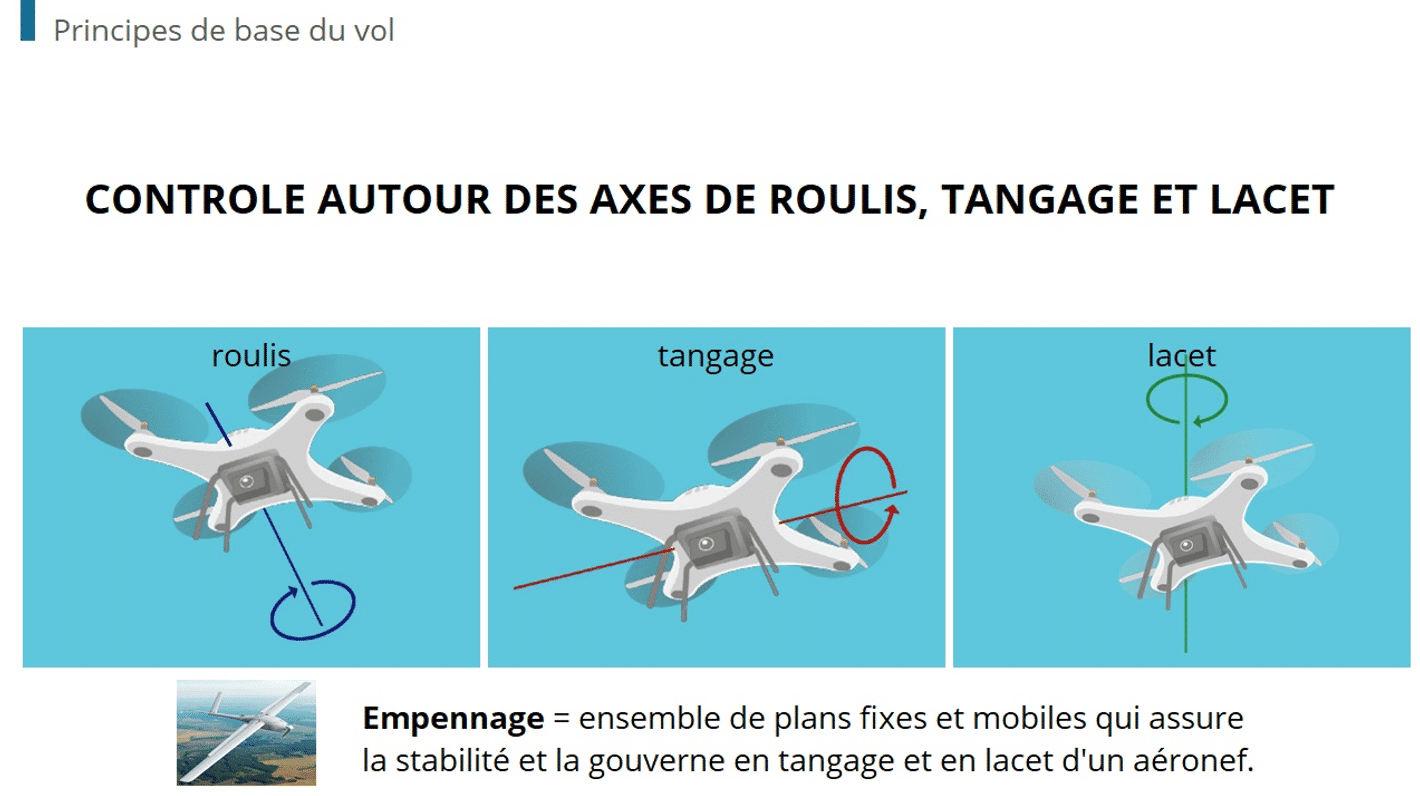369 billion in grants and tax credits will be invested by the Biden Administration for electric vehicles, renewable energy, carbon capture and storage, etc. This is the Inflation Reduction Act (IRA). This will involve major transformations in the way companies conduct change. More firms are contemplating how their operations can serve a greater good rather than solely being a profit driver. This is why more businesses across industries are adopting corporate sustainability practices. Learn the essence of this increasingly popular business principle and how a learning management system can assist in the adoption and implementation.
What is corporate sustainability?
With the word “sustainability,” it’s assumed that corporate sustainability is purely about adopting green initiatives. This is certainly one aspect, but it isn’t the totality. The term refers to procedures that boost revenue and achieve business goals while implementing practices that minimize the company’s carbon footprint. Green solutions aside, corporate sustainability also seeks to foster a culture that prioritizes employee well-being in and out of the workplace.
The 3 pillars of corporate sustainability
The fundamentals of corporate sustainability can be divided into these three core pillars.
1. Environmental pillar
The environmental pillar is precisely what its name implies. It’s about establishing practices that contribute to a greener environment by producing less waste and resource expenditure. Examples of green business practices include:
- Installing solar panels for the facility
- Investing in hybrid or EV fleet vehicles
- Using recycled materials for product manufacturing
2. Social pillar
Corporate sustainability also has a social aspect. This is about improving office culture that promotes employee morale and mental health. Ways you can create a strong social pillar include:
- Having regular company outings
- Hosting corporate team-building activities
- Having an open-door policy
- Establishing an anti-bullying and anti-harassment policy
- Creating policies that encourage reporting abuse and preventing bystander effect scenarios
This pillar also includes human rights practices, such as not using products derived from slave or child labor, or supporting human rights advocacy groups.
3. Economic pillar
The economic pillar centers on benchmarks for ROI and profit margins – all while contributing to the above two pillars. Here are some examples:
- Reducing overhead spending by using less material for product packaging
- Reducing spending by prioritizing online marketing, as opposed to traditional methods like paper flyers and brochures.
- Sponsoring non-profit organizations dedicated to environmental justice
The Benefits of Corporate Sustainability
As catalysts of society, organizations have the leadership to carry the entire economic fabric in their wake. The other advantage of corporate sustainability is that it boosts brand reputation. According to a Harvard Business Review article, 65% of consumers say they prefer to do their business with companies committed to sustainability. It’s no wonder then that 87% of companies indicated that they expect to increase their corporate sustainability investment, according to a Gartner report.
Your target demographic views you as a company that’s actively doing a greater good and isn’t just another profit machine. This can be a valuable facet that drives greater initial awareness and lead nurturing success.
At the same time, national and international regulations are becoming more and more stringent. From the ISO 26000 standard that sets the operationalization of CSR (Corporate Social Responsability) to the adoption of the IRA that encourages business transformation.
The role of Dokeos LMS in sustainability training
An LMS can be an invaluable tool for fostering a work environment that makes corporate sustainability a part of company culture. Here are ways to integrate LMS into your sustainability management practices.
Save costs and resources associated with classroom learning
Conducting class in a traditional brick-and-mortar classroom can be resource-intensive. The average classroom utilizes 10-kWh of electricity per square foot on a yearly basis. It takes energy to power the lights, AC, and other components. Furthermore, how much paper is consumed in the form of homework, exams, and reading materials? These can be eliminated or minimized significantly with a virtual classroom. All materials are online, including assignments and exams. Nothing needs to be printed out.
Educate employees on sustainable office practices
Set forth office procedures that promote sustainability. This can be a short primer course that covers practices like the following:
- Only using the AC when the temperature surpasses a set threshold. Open the windows or use fans on other instances.
- Only use the printer as needed. Excess copies go into the recycle bin.
- Shred paper only if it contains sensitive information (shredded paper is difficult to recycle).
Develop employee wellness guides
Create courses on wellness in and out of the office. Courses can cover a number of areas of physical, mental, and psychological health. Examples include:
- Standing up and moving after every one hour of sitting in an office cubicle
- Limiting work-related activities at home
- Eating a balanced diet. Companies can also provide healthy snack options in the office
Brainstorm sustainable plans and products
LMS can be a platform for conducting virtual meetings and brainstorming sessions. Come up with sustainable practices and products. How can your product be an example of sustainability for other industry insiders to model and follow? Ideas to discuss include materials and production practices, such as:
- Using recycled or recyclable materials
- Adopting a production and supply chain process that uses less energy. For example, using machinery that runs on solar energy.
- Determining which environmental and social groups to sponsor or network with
Make corporate sustainability a company cornerstone with Dokeos LMS
Corporate sustainability has a place in all industries, from retail to pharmaceuticals. Regardless of your niche, give your company a purpose and a mission statement dedicated to a greater cause. With Dokeos LMS, incorporate the procedural training in a manner that minimizes waste while disseminating information in a convenient and timely format. Sign up for a free trial today!
With Dokeos LMS, create your own blended learning courses that cover compliance, operating procedures, industry news, and more.
Ready to start building effective, easy-to-use training programs for your company ? At Dokeos, we can help you design, create, and run in-house training that is tailored to your unique needs. Dokeos LMS features an easy-to-use course builder complete with pre-made templates. Contact us !















